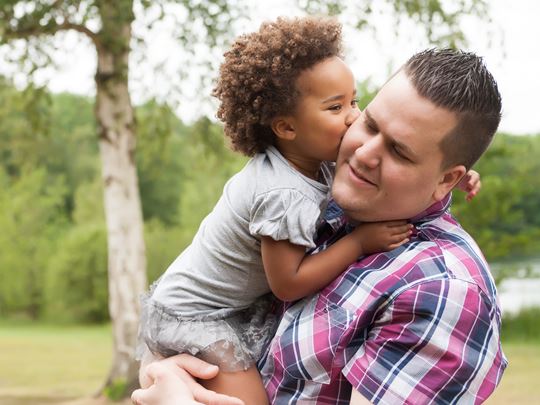Importance of long term fostering
For whatever reason, it’s usually not always possible for the child to return to their birth parents and so long term placements are a more permanent arrangement compared to other types of fostering.
Because of this, it’s possible to make careful long term plans, usually involving social services, ACS, schools, the children themselves and of course, their foster parents. Sometimes, the child’s birth parents remain involved too, even if they’re unable to care for them, so contact arrangements between the children and their parents is maintained, but can often be less frequent than other shorter placement types.
As a foster parent providing long term support, you’ll be responsible for caring for the child and for delivering their care plan, and at ACS we’ll monitor progress and provide regular support and supervision.

Unfortunately, a large number of children who need long-term fostering also bring long-term emotional and behavioural challenges with them, such as anger and a sense of isolation.
The challenge for foster parents is to help a child come to term with their experiences, while also providing a positive and supportive home life and a solid platform for their futures. Other key aspects of the work include keeping records of the child’s achievements and helping them learn valuable life-skills.
It’s a big responsibility, but being able to understand and share the child’s faith and cultural experiences is a great place to start.
Long term fostering is ideal for people who really want to provide loving care and support to a child over an extended period of time, usually until a young person has finished their education and become independent. To many foster parents, this type of fostering is extremely rewarding, as you witness the adults these young people become. However, it’s important to remember that this is very different than adoption. As a foster parent you have no legal responsibility for the child and must involve other parties in any decisions affecting their future.
Other types of fostering
Will foster children have difficult behaviour?
Many of the children we care for have suffered trauma in their young lives due to abuse, neglect or witnessing domestic violence. Children can find it very difficult to regulate and express their emotions so instead this can come out in their behaviour. Children maybe angry and become aggressive, or can be just the opposite and be very withdrawn. Every young person is different and will behave differently. It's also worth noting that not every child presents with difficult behaviour and all of our foster parents experience these challenges differently too. What can be difficult to manage for one family will be much easier for another, which is why matching is so important to us. We provide all of our fostering families with training, to help them understand the reasons for certain types of behaviour and how to manage it. By far the most rewarding part of being a foster parent is seeing the changes a child or young person makes whilst in your care.
How does the matching process work?
We receive far more referrals for children from local authorities than we have fostering families with vacancies. In order to match a child to a family, we look at a number of things including location, age range and gender. We also look at the cultural needs of a child and a families own make up and experience. We request as much information from the local authority about the child they are looking to place, so we know as much about them as possible to ensure our foster parents can meet their needs.
Can I foster more than one child?
Yes you can. Foster parents can foster up to 3 foster placements. This can be more than 3 children if one placement is a sibling group. How many children you foster often depends on your bedroom capacity as well as your ability to care for more than one child. Foster children need a bedroom of their own, the only exception to this is same sex siblings, which can share a room if the room is large enough for two.







